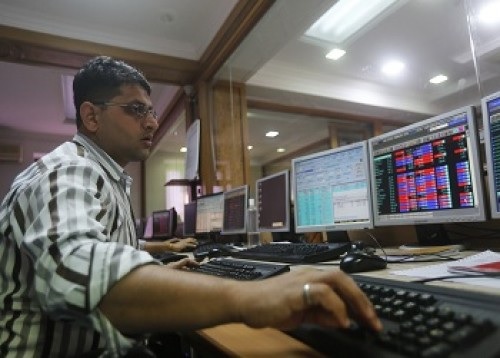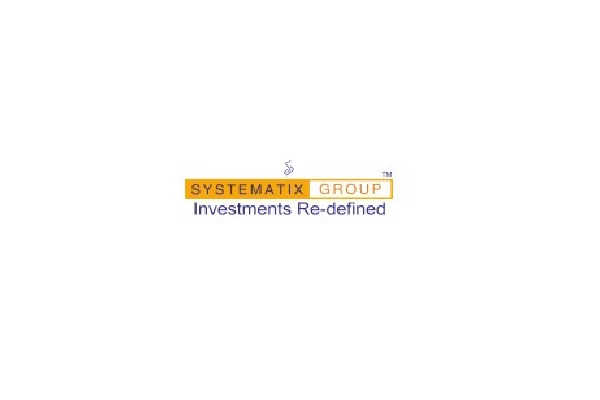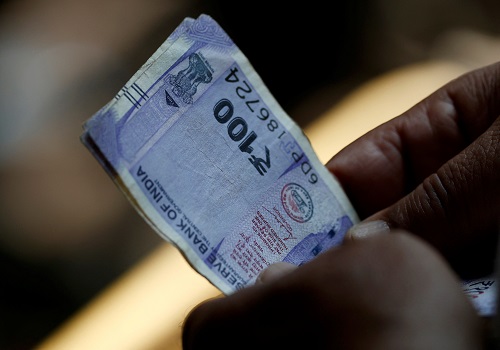Benchmarks likely to make negative start following mixed global cues

Benchmarks likely to make negative start following mixed global cues
Indian markets ended around 1.5 percent higher on Tuesday after a steep coronavirus-led decline in the last session, as beaten-down banking, metals and auto stocks gained. Markets remain closed on Wednesday on account of Dr. Baba Saheb Ambedkar Jayanti.
Today, the benchmarks are likely to make negative start following mixed global cues and as another lockdown starts in Maharashtra on a continued spike in COVID cases. Investors will be eyeing the WPI data to be out later in the day. Traders will be concerned as breaking all records, India registered its biggest-ever single day spike with 199,569 fresh cases. With this, India's Covid tally has shot up to 14,070,890 cases.
India is the 2nd worst-hit nation in terms of total Covid-19 cases. India also witnessed 1,037 fatalities due to covid-19 in a single day. The death toll from the deadly infection stands at 173,152. There will be some cautiousness as Moody’s said that the re-imposition of virus management measures following a surge in Covid infections will dent economic activity and could hurt market and consumer sentiment, and it warned of a threat to recovery.
However, it said targeted containment measures, versus last year’s complete lockdown, and rapid vaccination will soften the hit on the economy. However, some support may come later in the day as asserting that the government is committed to ensuring adequate availability of COVID-19 vaccines, Prime Minister Narendra Modi called for harnessing the combined power of community groups, political parties and NGOs in the battle against the COVID-19 pandemic. Traders may take note of Commerce and Industry Minister Piyush Goyal’s statement that India is keen to advance talks with the European Union (EU) towards an agreement on investment facilitation and protection for mutually beneficial outcome.
There will be some buzz in auto stocks as auto industry body SIAM termed the government's move to extend the FAME II certification validity by one year as a step in the right direction. It said the measure will enable FAME II eligibility certificate valid for one year from the last date of certification instead of the financial year norm earlier. There will be some reaction in real estate sector stocks with CARE Ratings’ report that the recent spike in COVID-19 cases in the country and fears of second wave might hamper the recovery in the real estate sector witnessed in the last six months. There will be some important result reactions too, to keep the markets in action.
The US market ended mostly lower on Wednesday as momentum weakened following an encouraging start to what’s expected to be thunderous earnings reporting season. Asian markets are trading mixed on Thursday tracking caution in Asian peers and as another lockdown starts in Maharashtra on a continued spike in COVID cases.back home, recouping yesterday’s losses, Indian equity benchmarks ended the Tuesday’s trade with a gain of around one and a half percentage points with Sensex and Nifty settling above their crucial 48,500 and 14,500 mark respectively.
Markets started the day in green as traders took note of report that Reserve Bank of India (RBI) governor Shaktikanta Das notified bankers to remain watchful of the evolving pandemic situation and also ensure credit flow to different sectors, including to stressed sectors, small borrowers and retail. Domestic sentiments were positive, amid reports that Indians are among the most optimistic globally in terms of their expectations for a return to pre-COVID normal, with over 70 per cent expecting it to happen in less than a year. Importantly, the survey was conducted just before the COVID-19 pandemic was seen moving towards a new peak in India and some other countries.
Markets extended rally in second half to end near intraday high levels, as traders took some encouragement with report that the Ministry of Finance in its latest report has showed that provisional net indirect tax collections (GST & Non-GST) for the Financial Year 2020-21 (FY21) grew more than 12% compared to actual Revenue Receipts in FY 2019-20.
Traders overlooked weak macro-economic data. Industrial production declined for the second month in a row in February at a faster rate of 3.6 per cent than 0.9 per cent in the previous month. The retail price inflation rate rose to a four-month high of 5.52 per cent in March due to upward movement in core as well as food rates, barring vegetables and cereals. Finally, the BSE Sensex surged 660.68 points or 1.38% to 48544.06, while the CNX Nifty was up by 194.00 points or 1.36% to 14,504.80.
Above views are of the author and not of the website kindly read disclaimer




















